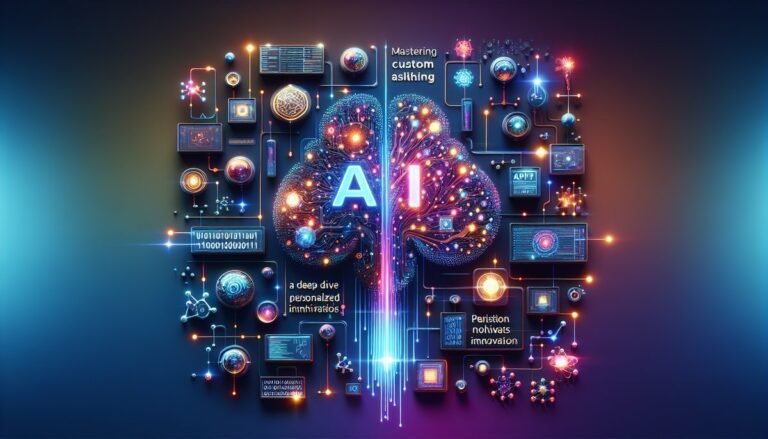Personalized AI Agents are revolutionizing how we interact with technology, crafting bespoke experiences tailored for individual users. Yet, as these digital companions become more ingrained in our lives, they bring with them a Pandora’s box of ethical dilemmas. From privacy concerns to bias in programming, the rise of these agents prompts vital questions about the balance between convenience and responsibility. How will we navigate the intricate dance between innovation and ethical integrity?
The Evolution of Personalized AI Agents
As technology advances, the era of Personalized AI Agents has dawned, revolutionizing how we interact with digital systems. These intelligent entities have the ability to learn and adapt to individual preferences, transforming mundane tasks into tailored experiences. From virtual assistants that manage our schedules to sophisticated customer service bots, AI agents are becoming indispensable in our daily lives. Yet, this technological marvel comes with a set of challenges that must be addressed.
Decoding the Ethical Dilemmas
The increasing reliance on Personalized AI Agents raises significant ethical concerns. The potential for misuse of personal data is at the forefront, as these agents often require extensive access to personal information to function effectively. This opens the door to privacy violations and data breaches, emphasizing the need for robust security measures. Moreover, questions about accountability arise when AI agents make decisions that impact human lives. The lack of transparency in their decision-making processes further complicates the issue, calling for clearer guidelines and regulations.
Impact on Human Interaction
While Personalized AI Agents promise convenience, they also risk diminishing human interactions. As we increasingly rely on AI to perform tasks traditionally handled by humans, there is a concern over the erosion of social skills and emotional intelligence. This shift could lead to a society where digital interactions overshadow human connections. It is crucial to strike a balance by fostering environments where technology complements rather than replaces human interaction.
Regulatory Pathways and Solutions
To harness the benefits of Personalized AI Agents while mitigating their risks, regulatory frameworks must evolve. Governments and industry leaders are tasked with designing policies that ensure ethical AI deployment. This includes setting standards for data privacy, mandating transparency in AI operations, and establishing accountability mechanisms. Collaboration between technologists, ethicists, and policymakers is vital to creating a future where personalized AI enhances, rather than hinders, societal progress.
🔗 Discover more about Love Turns Deadly Engineer Bomb Threats on our site!
What’s Next
The journey of Personalized AI Agents is just beginning. As they become more ingrained in our lives, the focus must remain on ethical innovation. By prioritizing privacy, transparency, and accountability, we can ensure these agents serve humanity responsibly, enhancing our digital experiences without compromising our values.






